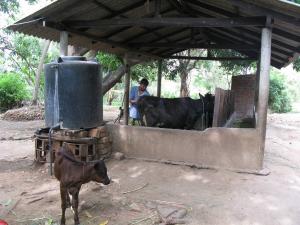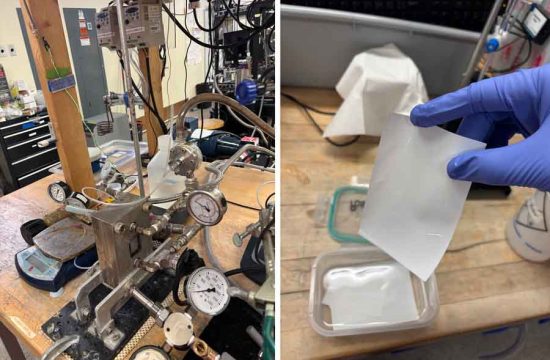
In Sri Lanka, mobile phones are now much more than just a way to stay in touch or check the Internet. Field veterinarians with limited resources are now using mobile phone technology to monitor and track outbreaks of infectious diseases in animals. The system allows for a rapid response to emerging infections and ultimately saves lives.
Disease outbreaks in animals represent 60-75% of all emerging infectious diseases. That’s why controlling disease in animals is an important way to reduce human exposure. However, many low- and middle-income countries (LMICs) lack the resources to manage this important aspect of public health.
Veterinary public health matters
Mobile technology was just one component tested for its ability to improve Sri Lanka’s veterinary public health system. Veterinary public health systems are important for monitoring disease outbreaks in animals, but often lack resources in LMICs.
[pullquote]A project co-funded by International Development Research Centre (IDRC) helped to create the Sri Lankan Wildlife Health Centre to monitor animal health.[/pullquote]
To help strengthen Sri Lanka’s veterinary public health system, researchers also looked at new ways of:
– engaging locals in disease detection and prevention
– training public health leaders
– governing veterinary public health
– linking local and national actors
Research from this project helped to create the Sri Lankan Wildlife Health Centre to monitor animal health. The findings also moved the national government to expand the role of their veterinarians into areas such as antibiotic resistance and farm practices. Both of these outcomes will have positive implications for disease monitoring and for improving human health.
Researchers from the University of Calgary collaborated with Sri Lanka’s Ministry of Livestock and Rural Development and the results were shared through regional networks with other researchers, governments, and communities in South and Southeast Asia.
This project was part of the Teasdale-Corti Global Health Research Partnership Program. From 2005-2013, the Teasdale-Corti program supported 14 teams of researchers from Canada and LMICs. Teams developed, tested, and implemented innovative approaches for health and development. The Teasdale-Corti program was inspired by the remarkable work of Canadian surgeon Dr Lucille Teasdale and her husband, Italian pediatrician, Dr Piero Corti. IDRC and the Canadian Institutes of Health Research co-funded the project.








